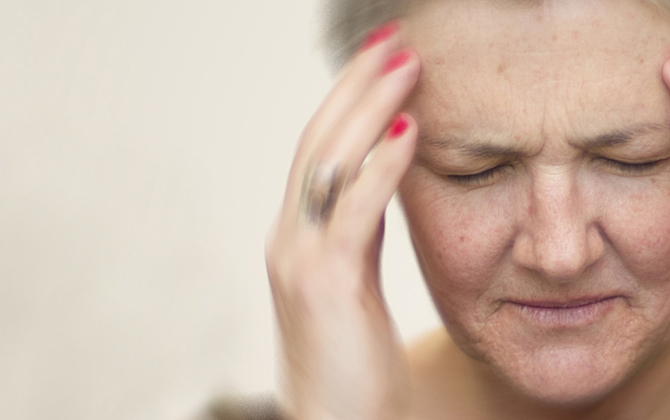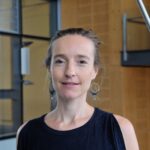Jump to
This study was completed in 2015 and results can be accessed here: https://journals.plos.org/plosmedicine/article/authors?id=10.1371/journal.pmed.1002620
Information on the trial protocol is available here: https://bmcgeriatr.biomedcentral.com/articles/10.1186/s12877-017‑0450‑3
For further reading visit: https://www.jamda.com/article/S1525-8610(19)30632 – 2/abstract
Prof Stephen Lord, Dr Jasmine Menant, A/Professor Americo Migliaccio, Prof Jacqueline Close, Prof Nick Titov, Dr Daina Sturnieks, Associate Professor Kim Delbaere
Between 10 – 30% of older community-living population report dizziness often leading to functional disability and psychological distress. The multifactorial aetiology of dizziness combined with a lack of validated diagnostic tests, and a tendency of clinicians to rely on poorly described symptoms and familiar assessments, are significant barriers to objectively establishing a successful diagnosis and implementing effective interventions. Thus, despite effective treatments being available, up to 40% of older people with reported dizziness remain undiagnosed and untreated. A multidisciplinary assessment battery, with new validated assessments of vestibular impairments is required for diagnosing and treating older people with dizziness. This project conducted a randomised-control trial of a multifaceted dizziness intervention based on a multidisciplinary assessment, and developed a multiple profile assessment of dizziness for use in Specialist Clinics. The sample comprised 300 people aged 70+ years. Baseline assessments included self-report items and tests of vestibular, cardiovascular, neuromuscular, balance and psychological functioning. Interventions targeted the key underlying causes of dizziness and were based on the highest level of evidence for each subtype and condition, including: vestibular rehabilitation, medication management, cognitive-behavioural therapy and exercise program. The primary outcome measures were assessed at baseline and 6‑month retest and captured the four crucial aspects of the trial: reported dizziness, choice-stepping reaction time test (a composite balance measure), gait variability and quality of life. We anticipated that our project would produce a validated assessment tool for providing a differential diagnosis of dizziness and solid evidence that the burden of dizziness in older people can be effectively treated.




